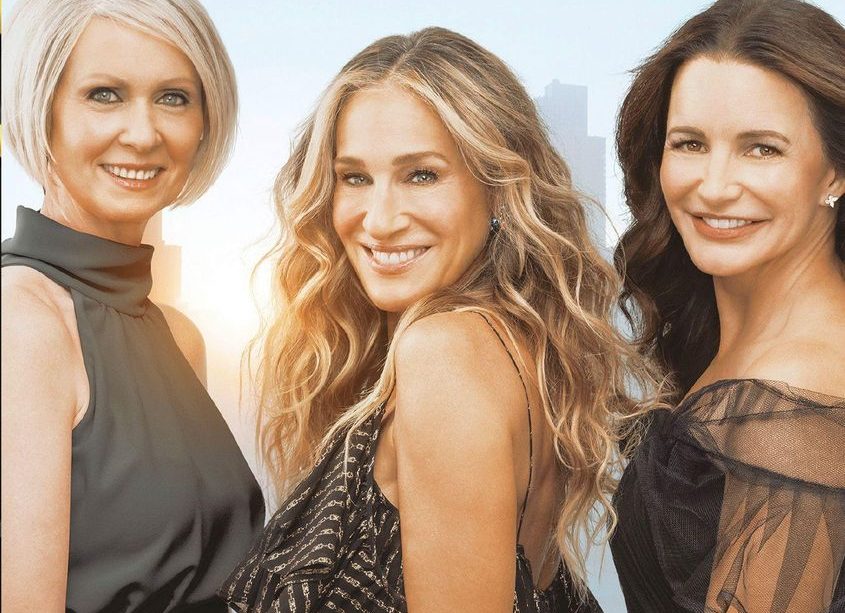The Impact of ‘And Just Like That’ on Modern Culture

Introduction
‘And Just Like That’, the highly anticipated sequel to the iconic series ‘Sex and the City’, has captured the hearts of fans and critics alike since its premiere. Released on HBO Max, this revival seeks to explore the lives of Carrie Bradshaw and her friends as they navigate life and love in their 50s. The significance of this show extends beyond mere entertainment; it reflects evolving social norms, gender roles, and the complexities of middle age.
Show Overview
Premiering on December 9, 2021, ‘And Just Like That’ reintroduces beloved characters while introducing new ones, such as Charlotte’s daughter Lily and Carrie’s new love interests. The show has ignited discussions on numerous relevant themes, including the representation of LGBTQ+ relationships, diversity in casting, and the struggles of womanhood at different life stages. The series’ writers have made conscious efforts to address contemporary issues, bringing a fresh perspective to a nostalgic storyline.
Reception and Impact
The show has sparked diverse reactions, from enthusiastic endorsements to critical reviews. Viewers have praised the updated storyline and character development, while others have expressed disappointment over the absence of original key characters, such as Samantha Jones, portrayed by Kim Cattrall. Despite mixed assessments, the cultural impact is undeniable, evidenced by increased discussions on social media platforms. Hashtags related to the series have trended internationally, indicating a robust engagement with the content.
Social Commentary
‘And Just Like That’ has also opened the door for important conversations around the representation of women in their later years. By focusing on the challenges and nuances women face after 50, the show aims to reframe societal perceptions of aging. This theme resonates strongly with audiences, as many viewers appreciate the commitment to authenticity and emotional depth.
Conclusion
As ‘And Just Like That’ continues to unfold, it is clear that the series is more than just a sequel; it serves as a cultural commentary on modern womanhood and evolving friendships. While the future of the show remains uncertain, its current relevance highlights a need for inclusive narratives that reflect the diversity of women’s experiences today. Fans eagerly anticipate upcoming seasons, hoping for more stories that not only entertain but challenge societal narratives about aging and friendship.









